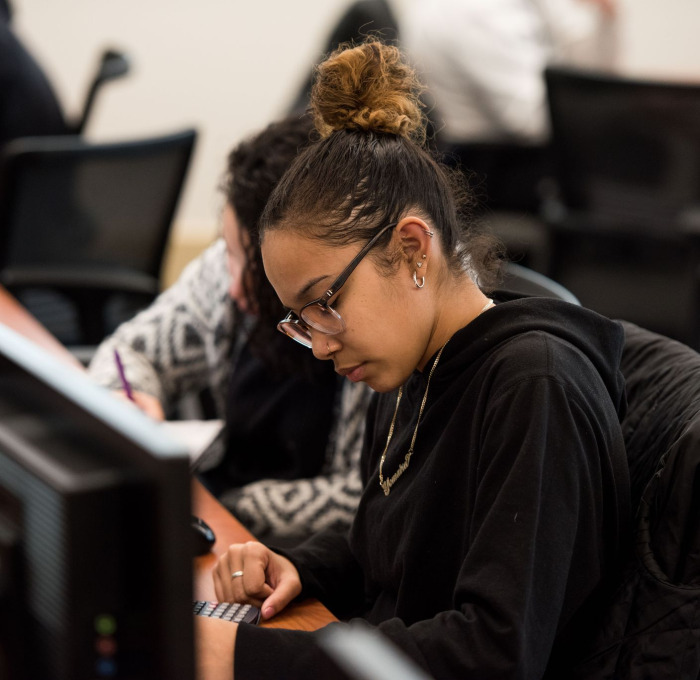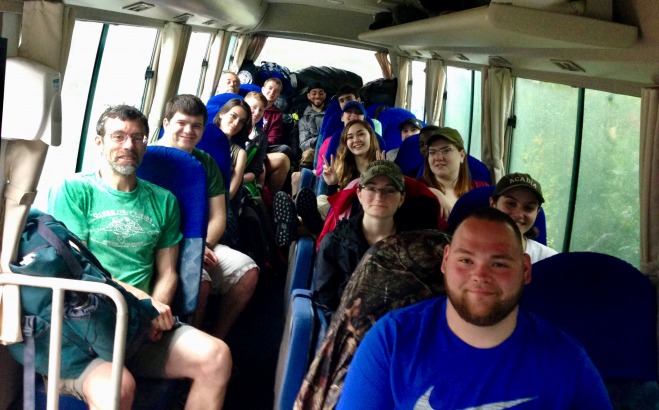We are currently experiencing technical difficulties with our campus voicemail system. We recommend using email for important communications until the voicemail system is fully restored.
Applied Mathematics Concentration, Mathematics, BA/BS

In Short
Applied Mathematics is the study of mathematics that is often used in other technical disciplines such as chemistry, biology, engineering, physics, economics and computer science.
- Develop effective thinking and communication skills
- Learn to link applications and theory
- Learn to use technological tools
- Develop mathematical independence and experience open-ended inquiry
Program Overview
Students who complete the concentration in applied mathematics will have a strong mathematical background and an emphasis in a second field, and will be able to integrate the mathematics within that field.
The concentration in applied mathematics is comprised of at least 57 credit hours in three main areas: mathematics courses, non-math courses and a minor in another department.
Required Minor in Another Department
A core aspect in applied math is knowledge of another field. The student must also minor in one of the following areas: computer science, psychology, biology, chemistry, economics, geography/earth science or a minor approved by the Mathematics Department. Note: Many of the courses in the minor can be counted toward the liberal arts and sciences courses.
Listen to applied mathematics student, Kayla Matthews, as she shares her experience in the program.
Experiential Opportunities
Internships
Study Abroad
Curriculum and Other Information
- BA, Applied Mathematics Concentration, Mathematics - Program information from the University Catalog.
- BS, Applied Mathematics Concentration, Mathematics - Program information from the University Catalog.
- Four-Year Plans of Study - Required and elective courses for program completion.
Develop effective thinking and communication skills
- Present information in a clear, precise and organized manner both verbally and in writing.
- Use and compare analytical, visual, and numerical perspectives in exploring mathematics.
- Recognize and make mathematically rigorous arguments.
- Approach mathematical problems with curiosity and creativity and persist in the face of difficulties.
- Work creatively and self-sufficiently with mathematics.
Learn to link applications and theory
- Understand and apply motivating examples that illustrate the ideas they are studying.
- Apply mathematical ideas to problems in those areas of study.
- See mathematical theory as useful and enlightening in both pure and applied contexts.
- Recognize and integrate connections between mathematical courses and theory.
Learn to use technological tools
- Use technology effectively, both as a tool for solving problems and exploring mathematical ideas.
- Use technology with increasing sophistication throughout a major curriculum.
Develop mathematical independence and experience open-ended inquiry
- Be able to explore mathematical ideas and problems beyond the classroom.
- Explore increasingly more difficult and open-ended questions.
- Speak and write about mathematics with increasing depth and sophistication.

